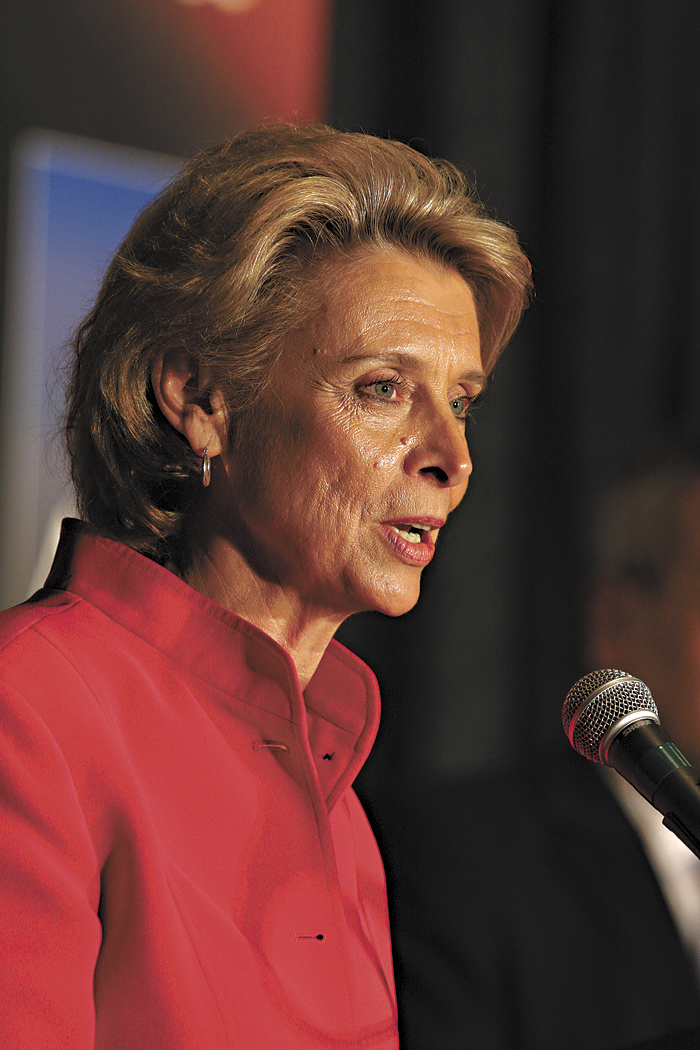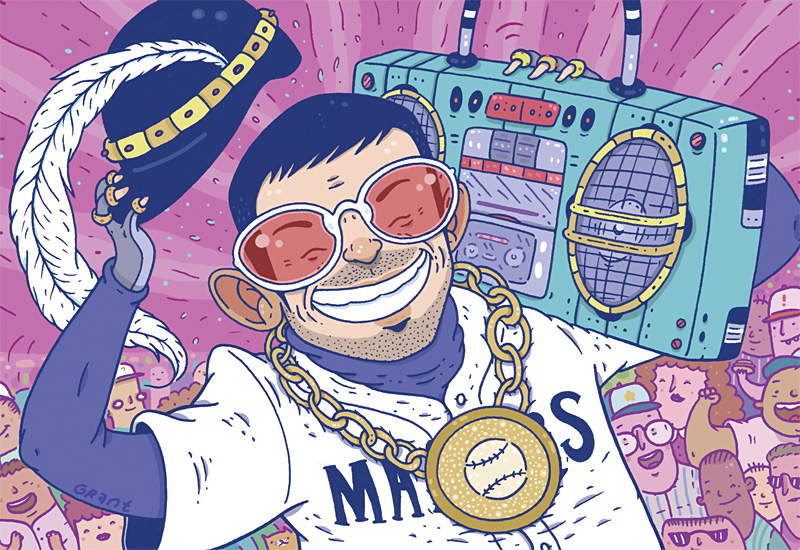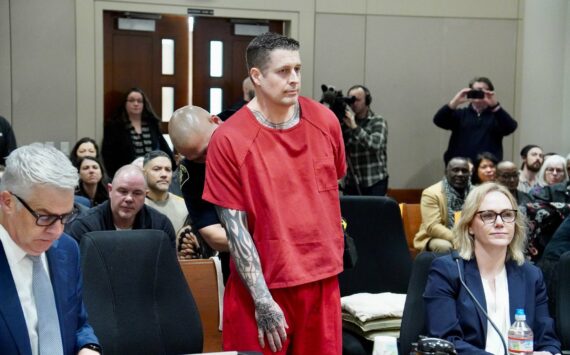It’s no secret that the economy is tanking, and Washington State is feeling the effects. With a projected $5 billion budget shortfall, the question in Olympia is not whether to cut programs, but rather which ones and how much. This should come as no surprise after a gubernatorial race in which Dino Rossi and Christine Gregoire jockeyed for the no-tax mantle, and the consensus remains that, as Gregoire told the Kent Reporter in October, “We shouldn’t be talking about taxes in tough times.”
But current Congressional Budget Office head Peter Orszag and Nobel Laureate economist Joseph Stiglitz say we should—and a local think tank agrees with them.
In 2001, the last time the country was in a recession, Orszag and Stiglitz released a short paper exploring the economic effects of state-level tax increases and spending cuts during recession. “If anything,” they wrote, “tax increases on higher-income families are the least damaging mechanism for closing state fiscal deficits in the short run.”
Since the affluent tend to save at higher rates, some of the money lost to tax increases would otherwise have been saved. By contrast, low-income recipients of, say, unemployment benefits tend to spend those benefits immediately. “It’s the standard Keynesian idea that you give money to the people who will spend it,” says Daniel Shaviro, a professor at New York University Law School and an expert in tax and budget policy.
Jeff Chapman is the Director of Research at the Washington State Budget & Policy Center, a Seattle-based think tank that has recently suggested a small sales tax increase coupled with an expansion of the Working Families Tax Rebate, which provides an annual tax refund to low-income families. He agrees with Orszag and Stiglitz, and adds that “it comes down to priorities. Do we really want to be cutting health care at a time when we’re all feeling insecure? When we’ve cut programs like Basic Health before, it’s been hard to get them back.”
Another of the Center’s suggestions is to begin taxing services. Currently, the state taxes only goods, which account for a higher percentage of the spending by lower-income people. “Expanding the tax base would allow us to tax things at a lower rate. And expanding to things like financial or legal advice would be an opportunity to be more progressive.”
Not surprisingly, Gregoire is unreceptive to the Stiglitz/Orszag argument. “Implementation of their approach would require the creation of some sort of income tax, which the Governor does not support,” says state Office of Financial Management spokesperson Glenn Kuper. “She does not believe that we should be raising any taxes right now.”
“Any time Democrats are running scared over GOP anti-tax talking points, they’re going to stay away from the Stiglitz and Orszag argument,” says NYU’s Shaviro. Adds Chapman: “During the campaign this year, there was a lot of discussion about the evil of taxes, but much less about what government can do and needs to be doing during difficult times. We’re missing that dialogue.”







